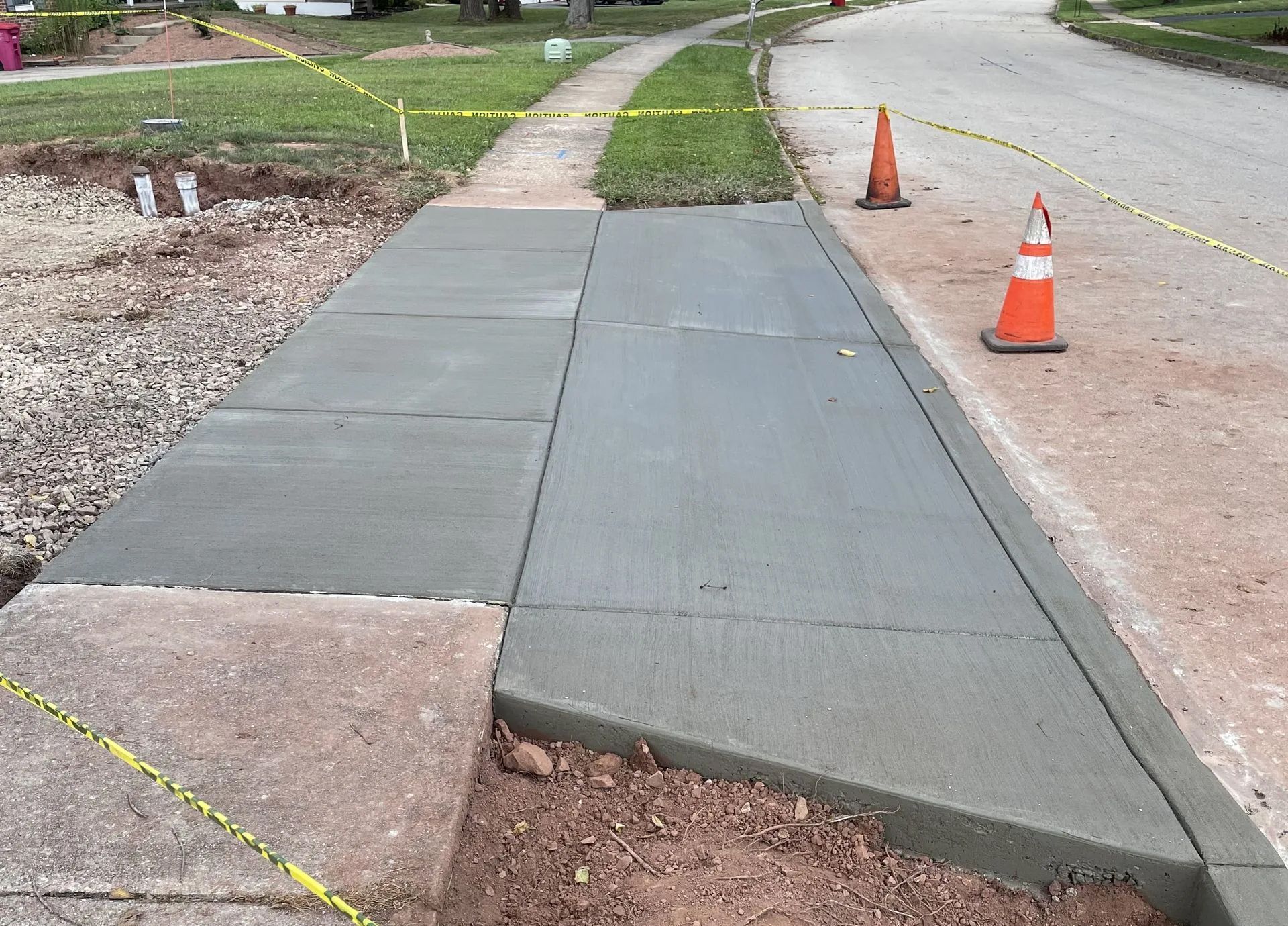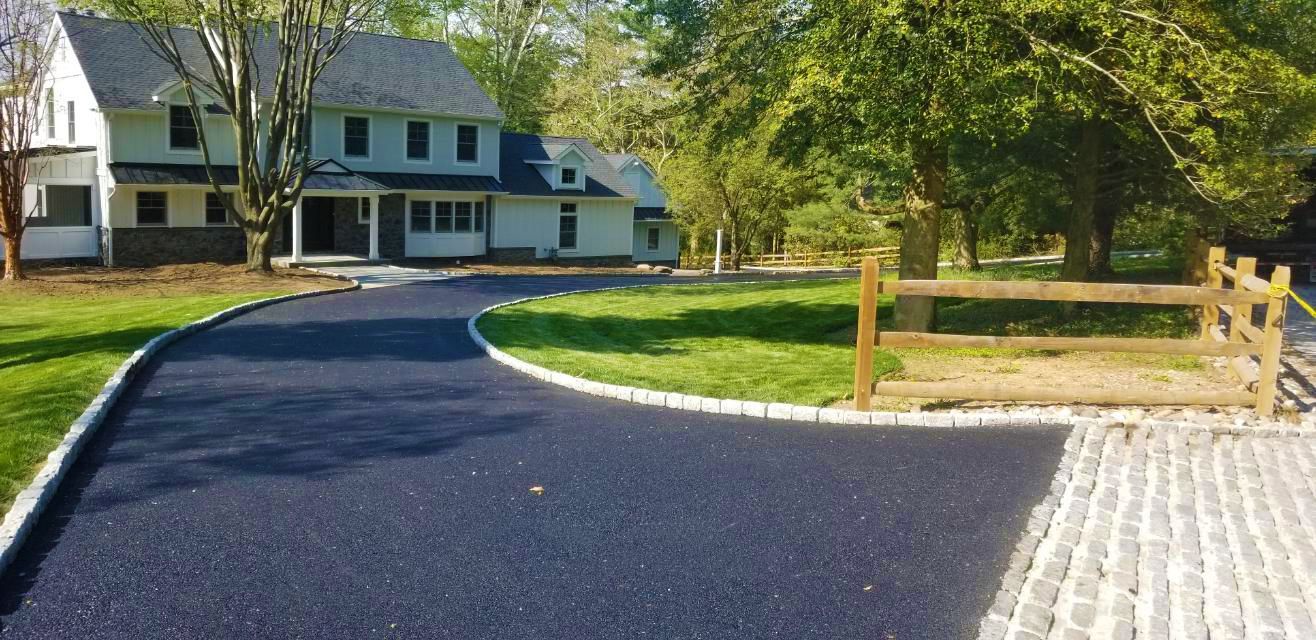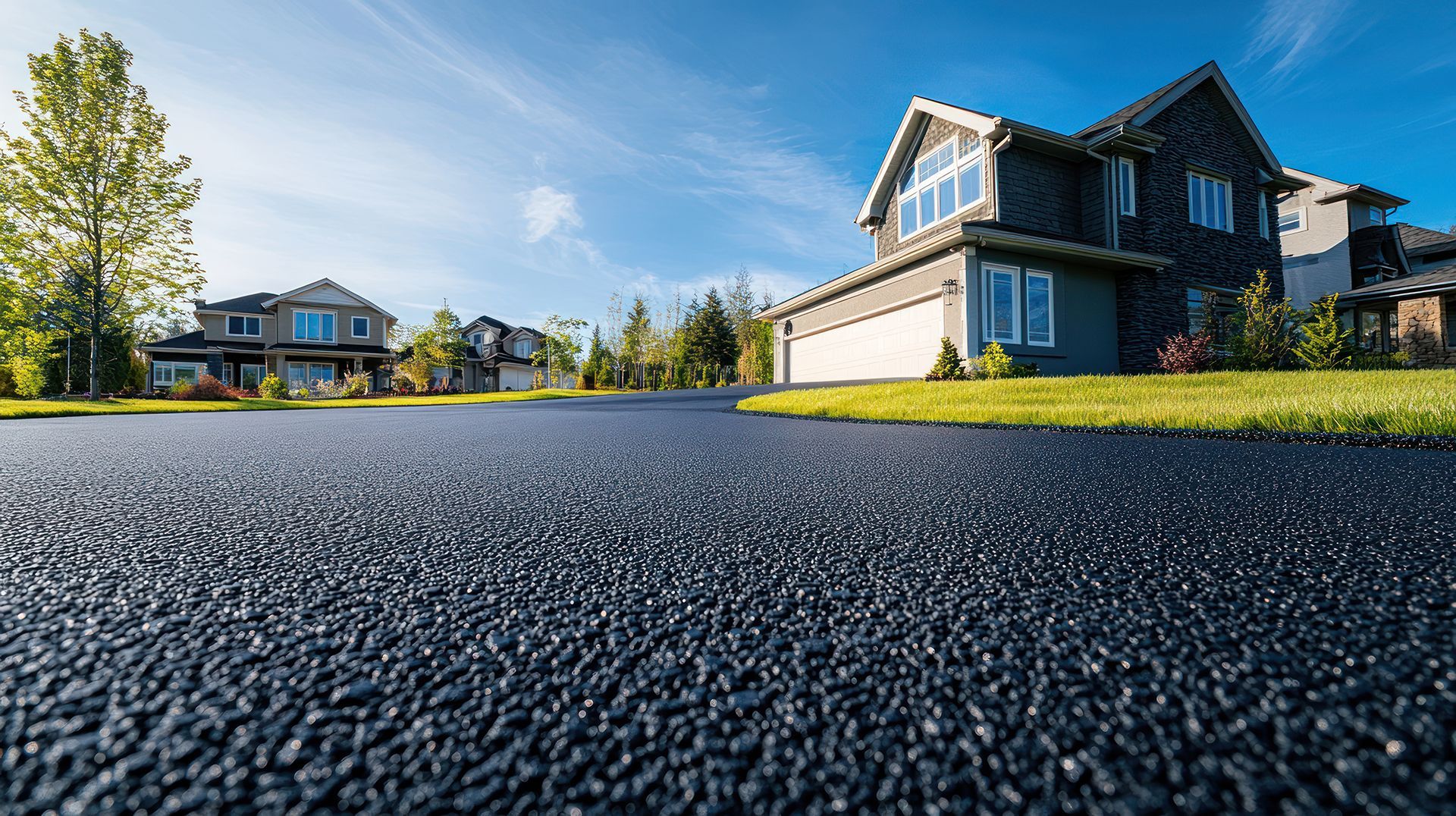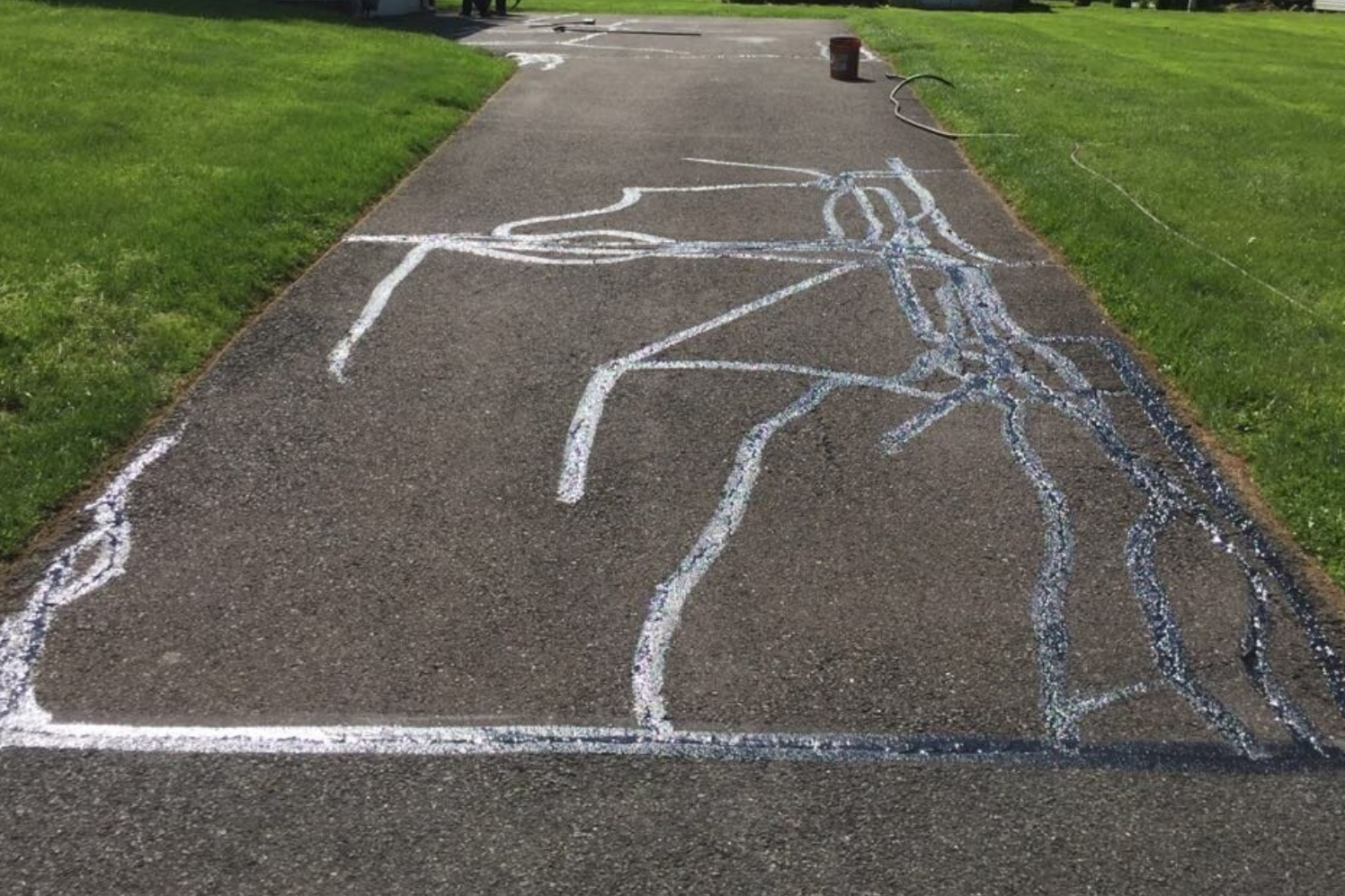Blog
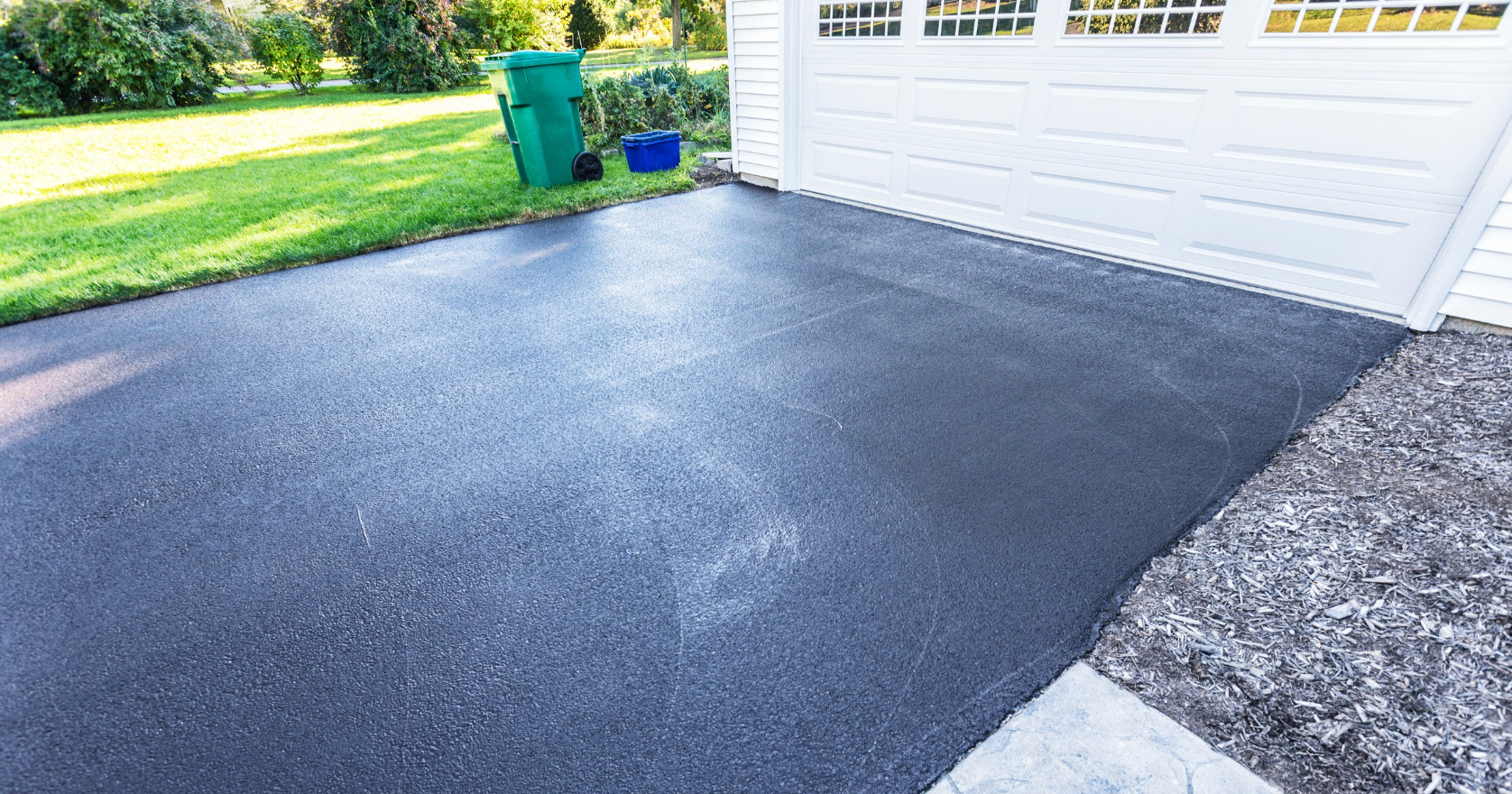
When it comes to asphalt surfaces—whether it’s a driveway, parking lot, or private road—many property owners take a "fix it when it breaks" approach. But waiting for visible damage before taking action can lead to costly repairs, safety hazards, and a shortened lifespan for your pavement. That’s where regular asphalt inspections come in.
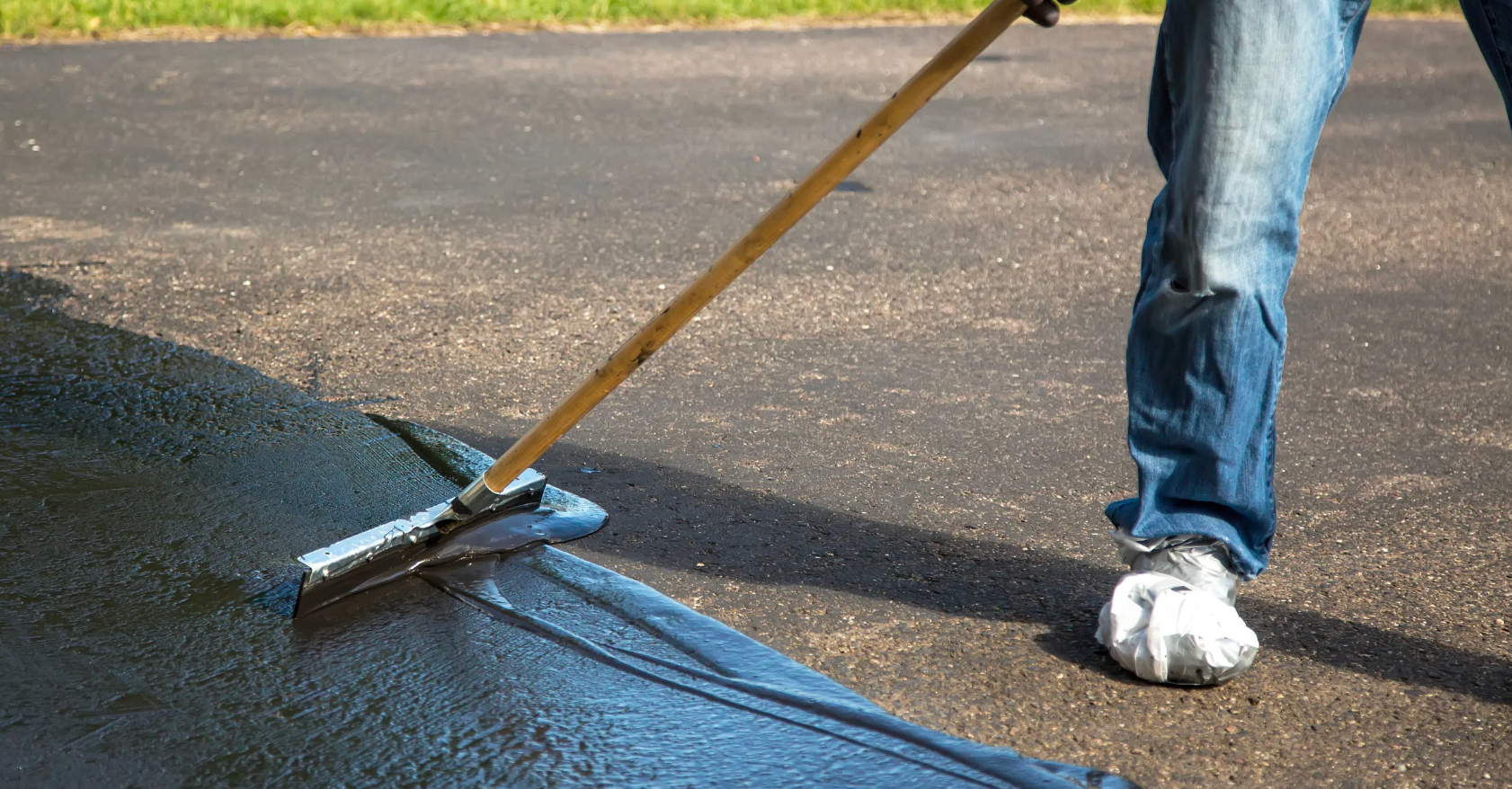
When it comes to protecting and extending the life of your asphalt driveway or parking lot, sealcoating is a must. But not all asphalt sealers are created equal. Choosing the right type can make a big difference in durability, appearance, cost, and environmental impact. Whether you're a homeowner or a property manager, understanding the pros and cons of each sealer type will help you make the best decision for your pavement.
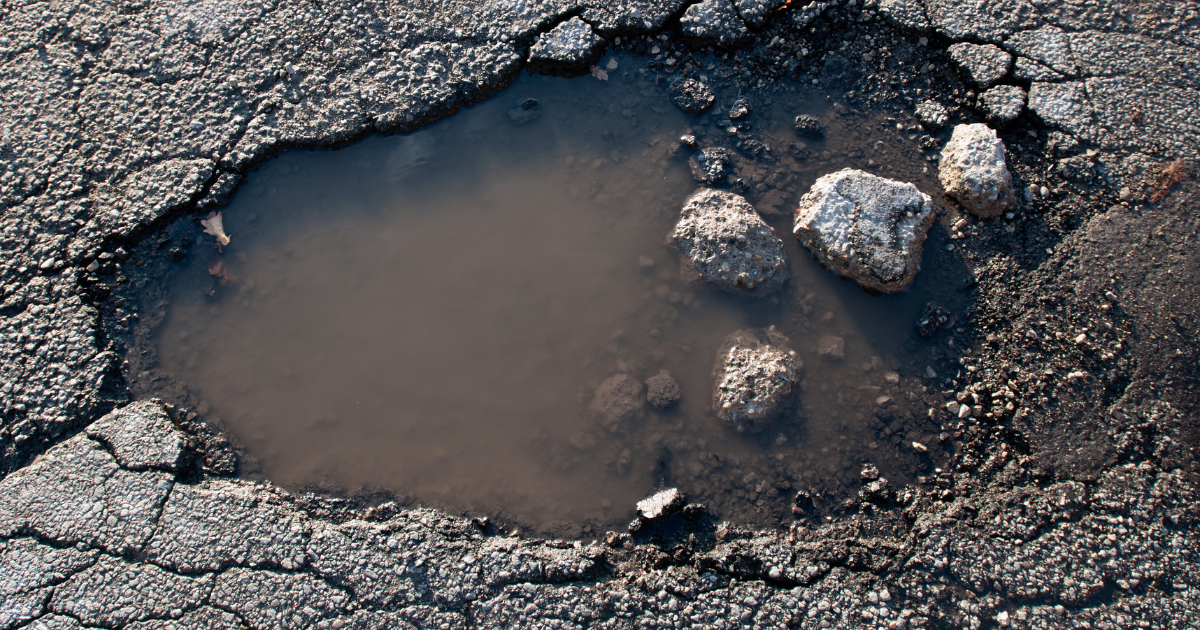
Your driveway works hard every day—handling cars, weather, and wear and tear. Over time, even the best driveways can start to show signs of aging. While full replacement isn't always necessary, catching problems early and patching damaged spots can save you a lot of money (and headaches) down the road. So, how do you know when it's time for a patch job? Here are the signs to look for.


